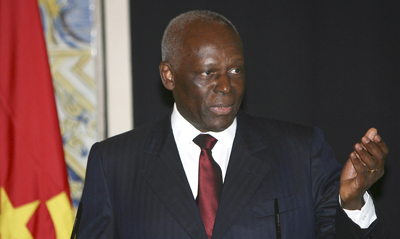On Tuesday, police officers and clerks at Angola’s National Assembly arbitrarily denied reporters access to a public hearing of the chamber’s Ethics Committee, according to local journalists. The committee was hearing testimony from Abilio Kamala Numa, the secretary-general of the main opposition party UNITA, who faces accusations of instigating civil disobedience over his February hunger strike to protest what he called the MPLA’s abuse of human rights and political freedom. Numa’s hunger strike was sparked by the arrest of a UNITA militant in central Huambo province, according to news reports.
Police and clerks threatened and assaulted reporter Agostinho Gayeta from Catholic station Rádio Ecclesia, throwing him out of the chamber, the station reported in a broadcast of a recording of the confrontation. His equipment was briefly seized, according to news reports.
On February 27, state security officials prevented two other Rádio Ecclesia reporters, Zenina Volola and Matilde Vanda, from covering the opening of a congress of the Angolan Women’s Organization (OMA), the women’s wing of the MPLA, according to local journalists. Volala was denied access to the chamber and Vanda denied interviews, according to Teixeira Candido, spokesman of the Syndicate of Angolan journalists.
“Angola’s ruling MPLA-led government is crudely attempting to silence coverage of an opposition movement,” said CPJ’s Africa Advocacy Coordinator Mohamed Keita. “We call on authorities to adhere to the Angolan constitution, which guarantees citizens’ access to diverse sources of information, not just ruling-party propaganda.”
On March 7, security forces in the capital, Luanda, briefly detained three journalists and a driver for the private weekly Novo Jornal who were covering an anti-government demonstration in the city’s Independence Square, according to news reports and local journalists. Police detained reporters Pedro Cardoso and Ana Margoso, photojournalist Afonso Francisco, and driver Dálio Pandé for 10 hours, interrogating them about their links to demonstrators, and let them go without charge, the journalists later told CPJ. Margoso told U.S.-government-funded broadcaster Voice of America she was forced to clean the police cell and was interrogated three times.
On March 5, state security agents raided the printing press and blocked the distribution of that day’s editions of independent weeklies Folha 8, Agora, and Jornal Angolense, which had headlines about the protest scheduled for March, according to local journalists.
